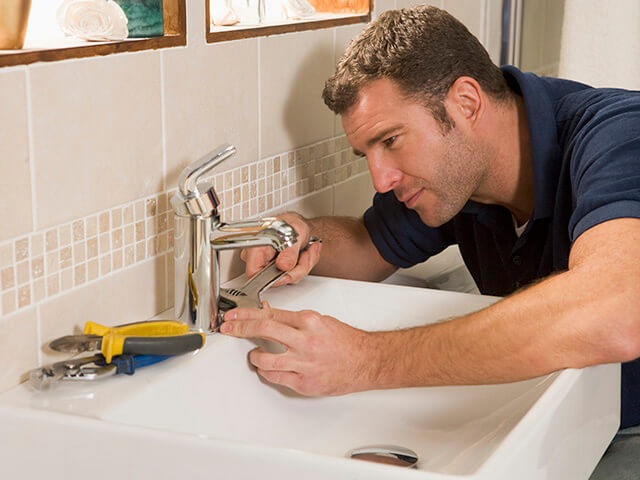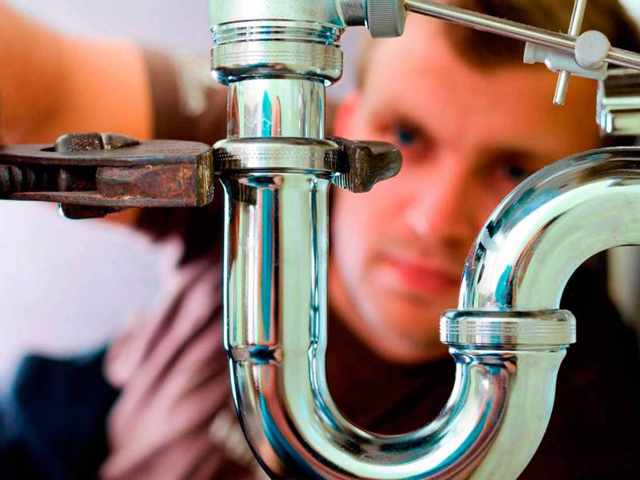Plumbing problems can be a homeowner’s worst nightmare. From burst pipes to backed-up drains, plumbing emergencies can cause extensive damage and expensive repairs. However, many of these emergencies can be prevented with some proactive care and attention. In this blog post, we’ll explore the top plumbing tips to help you avoid costly plumbing disasters and keep your home’s plumbing system running smoothly.
1. Regularly Inspect for Leaks
One of the simplest yet most effective ways to prevent plumbing emergencies is by regularly inspecting your plumbing for leaks. Check under sinks, around toilets, and in the basement for any signs of water damage, moisture, or puddles. Even small leaks can lead to bigger problems over time if left unaddressed.
2. Don’t Ignore Dripping Faucets
That persistent drip from a faucet may seem harmless, but it can waste a significant amount of water and money over time. A dripping faucet can also be a sign of a worn-out washer or valve, which, if not fixed, can lead to more significant plumbing issues. Don’t ignore it; fix it promptly.
3. Maintain Your Water Heater
Your water heater is a critical component of your plumbing system. To prevent costly failures, flush your water heater at least once a year to remove sediment buildup, which can reduce efficiency and lead to overheating. Regular maintenance can extend the life of your water heater and save you from the expense of a replacement.
4. Be Cautious with What You Flush
Toilets are not designed to handle everything you might want to flush down them. Avoid flushing items like paper towels, baby wipes, feminine hygiene products, and cotton balls, as they can clog pipes and cause blockages. Stick to toilet paper and waste to prevent potential plumbing disasters.
5. Use Drain Screens
Hair, soap scum, and debris can quickly clog drains in showers and sinks. To prevent blockages, install drain screens or strainers to catch these particles before they can build up and create a plumbing nightmare.

6. Watch What You Pour Down the Drain
Certain substances can wreak havoc on your plumbing, even if they’re liquid. Avoid pouring grease, oil, or coffee grounds down the kitchen sink, as they can solidify in the pipes and lead to blockages. Dispose of these materials in the trash instead.
7. Insulate Your Pipes
In colder climates, frozen pipes can burst and cause extensive damage. To prevent this, insulate your pipes, especially those in unheated areas like basements, attics, and crawl spaces. Proper insulation can help keep your pipes warm and prevent freezing.
8. Know the Location of Your Main Shut-Off Valve
In case of a plumbing emergency, it’s crucial to know the location of your main shut-off valve. This valve can stop water flow to your entire house, preventing further damage if a pipe bursts. Familiarize yourself with its location and ensure it’s easily accessible.
9. Test Your Sump Pump
If your home has a sump pump, it’s essential to test it regularly to ensure it’s in working order, especially before the rainy season or when you expect heavy precipitation. A functioning sump pump can prevent basement flooding and costly water damage.
10. Schedule Professional Inspections
Regular inspections by a licensed plumber can catch plumbing issues before they escalate into emergencies. Consider scheduling an annual plumbing inspection to identify and address potential problems early on. This preventive measure can save you from unexpected plumbing repair costs.
11. Learn Basic DIY Plumbing
While it’s essential to know when to call a professional, having some basic plumbing skills can be handy in emergencies. Learn how to turn off water to individual fixtures or appliances, how to use a plunger effectively, and how to replace simple components like washers and cartridges in faucets.
12. Don’t Delay Repairs
If you notice a plumbing issue, don’t procrastinate on repairs. Small leaks or minor problems can escalate quickly and become expensive emergencies. Address issues promptly to prevent further damage.
13. Install Pressure-Reducing Valves
High water pressure can put added stress on your plumbing system and increase the risk of leaks and burst pipes. Consider installing pressure-reducing valves to maintain a safe and consistent water pressure level throughout your home.
14. Protect Outdoor Faucets
In colder climates, outdoor faucets can freeze and burst during winter months. To prevent this, insulate outdoor faucets and disconnect hoses before freezing temperatures arrive. If possible, shut off the water supply to outdoor faucets.
15. Consider an Emergency Kit
Having a basic plumbing emergency kit on hand can help you manage unexpected issues until a plumber arrives. Include items like a pipe wrench, plumbing tape, a plunger, and a bucket to catch leaks.
In Conclusion
Plumbing problems can be costly and disruptive, but many can be avoided with proactive maintenance and careful attention to your plumbing system. By following these top plumbing tips and staying vigilant, you can reduce the risk of costly plumbing emergencies and enjoy a more reliable and efficient plumbing system in your home with the help of plumbing services. Remember, when in doubt, consult a professional plumber to address any plumbing concerns.





